Dealing with pests invading your home or workplace can be frustrating. They come in all shapes and sizes and even cause damage to your things. That’s why it’s super important to control pests and keep a safe living environment.
Pest control is all about stopping pests from causing trouble. One big reason we do it is to stop diseases from spreading. Pests like mosquitoes and rats can carry nasty germs that make us sick such as the West Nile virus or Leptospirosis.
Another big reason for pest control is to protect our stuff. Termites can destroy wooden structures and mice can chew on your wires which may lead to fire. You can save yourself from expensive repairs and harm by dealing with pest infestations early.
7 Key Takeaways on Why Pest Control Is Important
- Implementing pest control measures is important to protect against allergic reactions. Pests can cause mild to severe reactions, including redness, swelling, difficulty breathing, and anaphylaxis.
- Pests like rats, fleas, mosquitoes, and lice can spread diseases such as dengue fever, malaria, and typhus. Those with weak immune systems are at the highest risk.
- Termites pose a threat to homes and buildings. They can cause significant damage to wood structures, floors, beams, and walls. Seeking professional pest control assistance is advisable to prevent costly repairs.
- Large pest populations at home can damage carpets, clothes, and furniture. Practicing good hygiene can help keep invasive pests like bugs, moths, cockroaches, and silverfish away from household items.
- Managing existing pest infestations can prevent the further spread of pests like cockroaches, bugs, termites, and rats, which can create significant problems once they multiply.
- Pests pose a threat to farming and home gardens. This can lead to major losses in crop production. Implementing pest control measures is essential to protect plants from weeds, bugs, and fungi.
- Proper pest control is vital to protect food sources from contamination by rodents, cockroaches, and pests that damage fruits and vegetables.
Why Pest Control Is Important
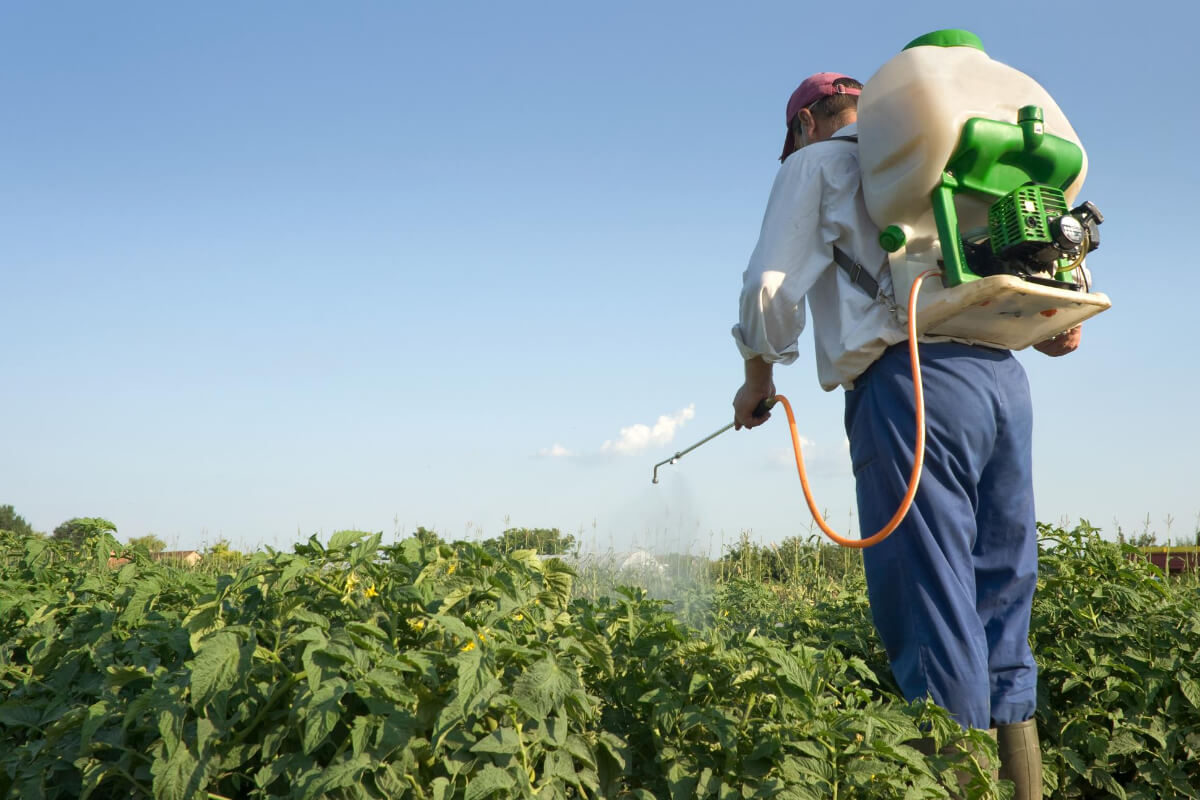
There are many reasons to keep pests away from your home and the places you visit. Here are some of the top reasons why pest control is important.
1. Pest Control Prevents Allergic Reactions
Lots of people have really bad allergies to certain bugs. A lack of pest control measures can put our loved ones in danger.
Bees and wasps are an important part of the ecosystem but they can trigger allergic responses in some people. Being stung by a bee can lead to both mild and severe reactions. Minor reactions include redness, swelling, pain, and itching in the sting site. Severe symptoms include difficulty in breathing and anaphylaxis.
Mosquitoes and bed bugs can also give people nasty skin rashes. Cockroaches also pose a health hazard. An allergy to it may lead to symptoms such as asthma attacks and throat swelling.
2. Pest Control Stops the Spread of Diseases
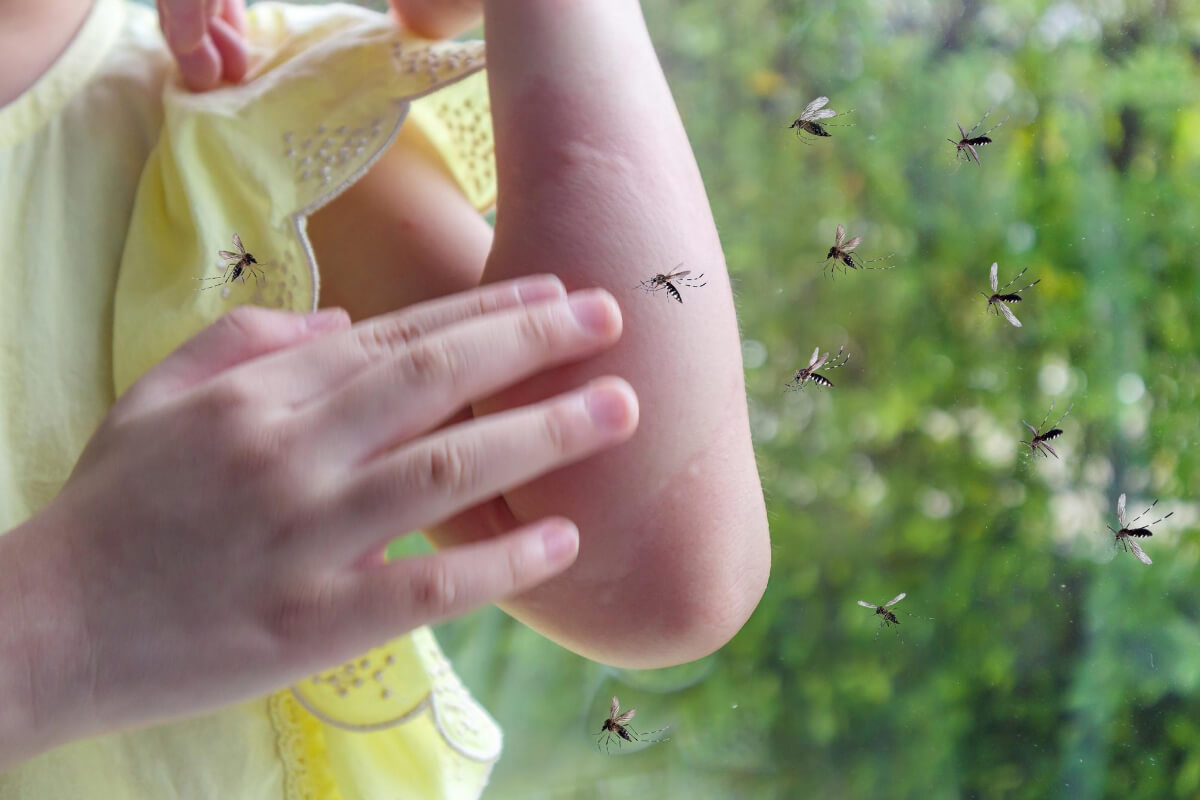
We all know pests can spread diseases. Take the bubonic plague or Black Death as an example. It was one of the deadliest pandemics known to humans during the 14th century. The spread of the disease was made possible by rats and fleas. It wiped out a majority of Europe.
Mosquitoes are real troublemakers too. They can carry all sorts of diseases like dengue fever, malaria, and the West Nile virus. They’re not just a threat to humans. Mosquitoes can infect your pets with heartworm too.
Typhus is another scary disease carried by fleas and lice. Those with weak immune systems, older adults, and babies are the most vulnerable when it comes to diseases.
3. Pest Control Helps Preserve Homes and Structures
Termites can be a real headache for home and building owners. If you don’t keep them in check, they’ll munch through your wood structures, paper, and plywood. They might be tiny but over time, these critters can put your whole house in danger through property damage on floors, beams, and walls.
In the US, people spend around $5 billion every year fixing termite damage. When it comes to termites, it’s usually best to call in a pest control professional to help you keep these pests at bay.
4. Pest Control Protects Household Items
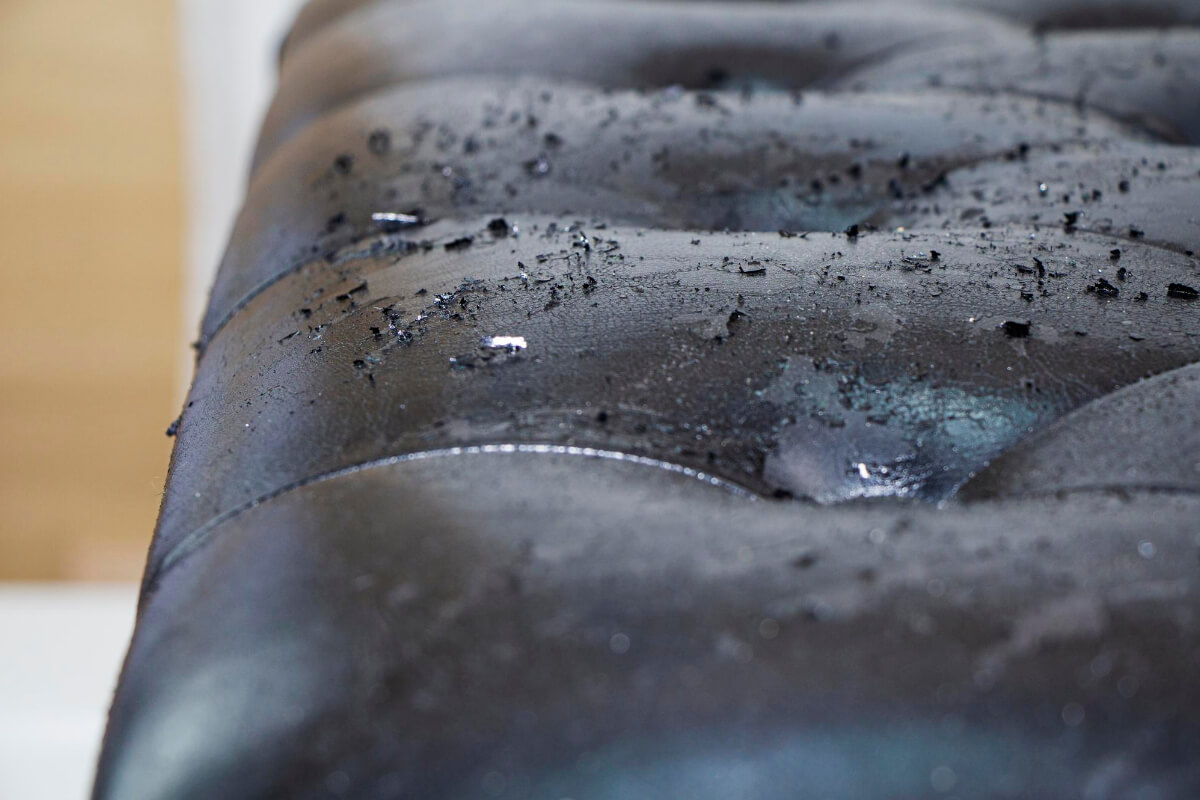
Large pest populations can do more than just structural damage. They can also ruin your carpets, clothes, and furniture.
Certain bugs love to snack on fabrics. They’ll munch on your clothes and destroy your stuff especially when there are traces of desirable food on them. Make sure to keep an eye on your hygiene to keep invasive pests like bugs, moths, cockroaches, and silverfish away from household items.
5. Pest Control Helps Prevent More Pest Nests in the House
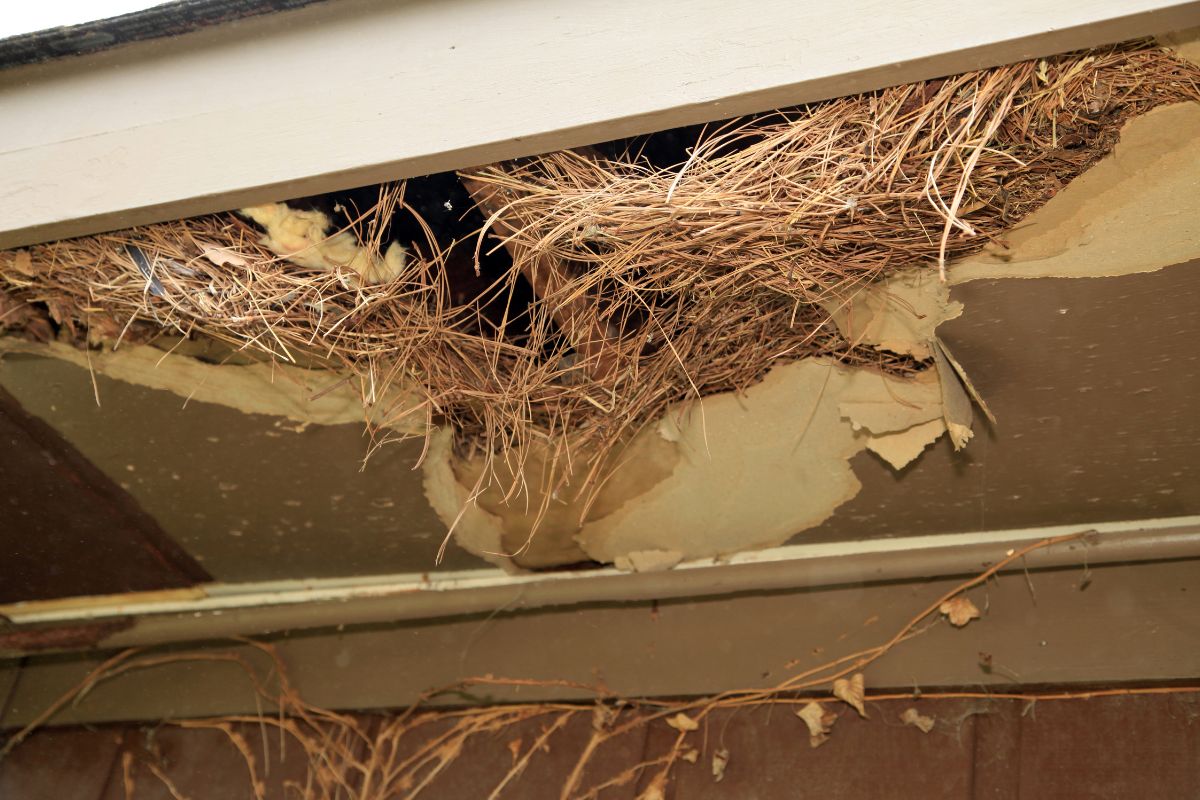
Certain pests can sneak into homes without anyone noticing. What’s worse is that you just moved into a new home without knowing that certain pest nests are already in place!
Managing the pest infestation that you are already aware of will help in avoiding more insect nests in the future. It would not hurt to get the help of a professional pest control service provider at the first sight of an infestation.
Cockroaches, bugs, termites, and rats can create big problems once they start multiplying.
6. Pest Control Safeguards Gardens and Crop Production
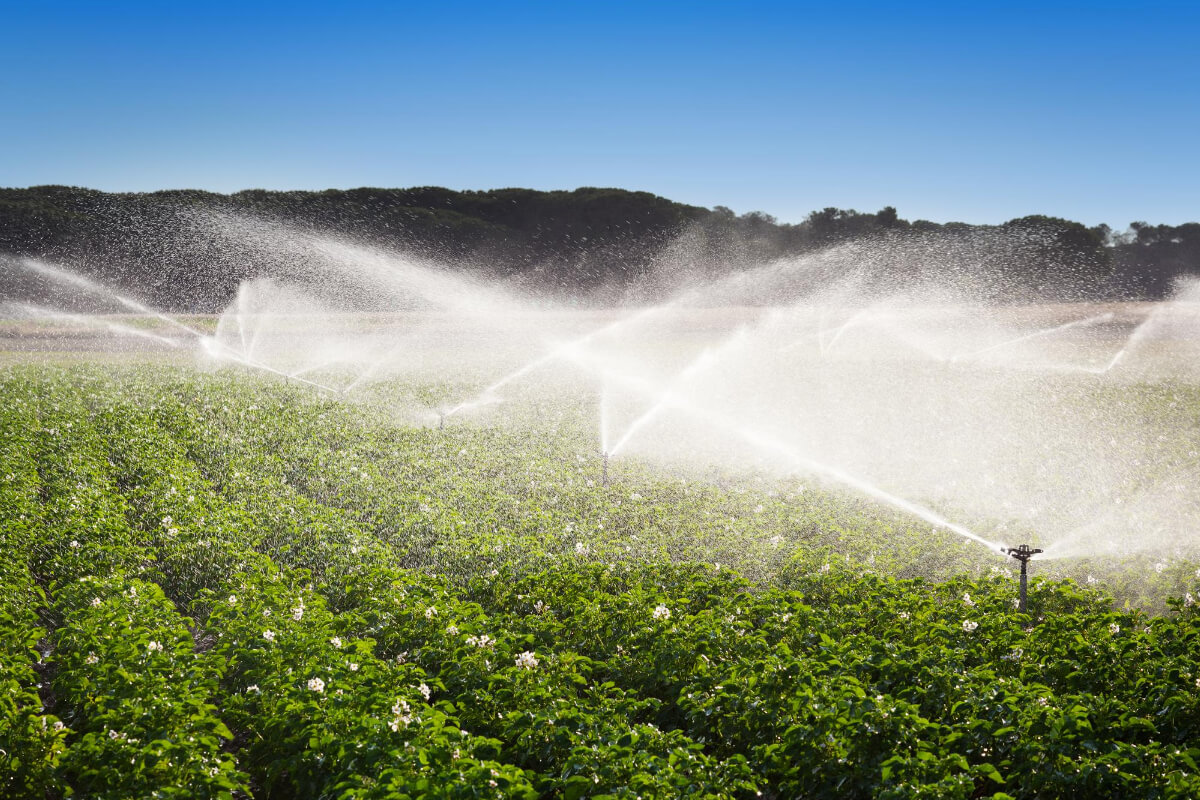
Pests are a big threat to farming especially since much of our food is being grown on huge commercial farms nowadays. Plants are more vulnerable to attacks from pests on a large scale.
Weeds, bugs, and fungi are all troublemakers for crops. They cause major losses in production. That means higher prices and more people going hungry.
Houseplants and gardens at home are threatened by bugs as well.
7. Pest Control Prevents Food From Becoming Toxic or Uneatable
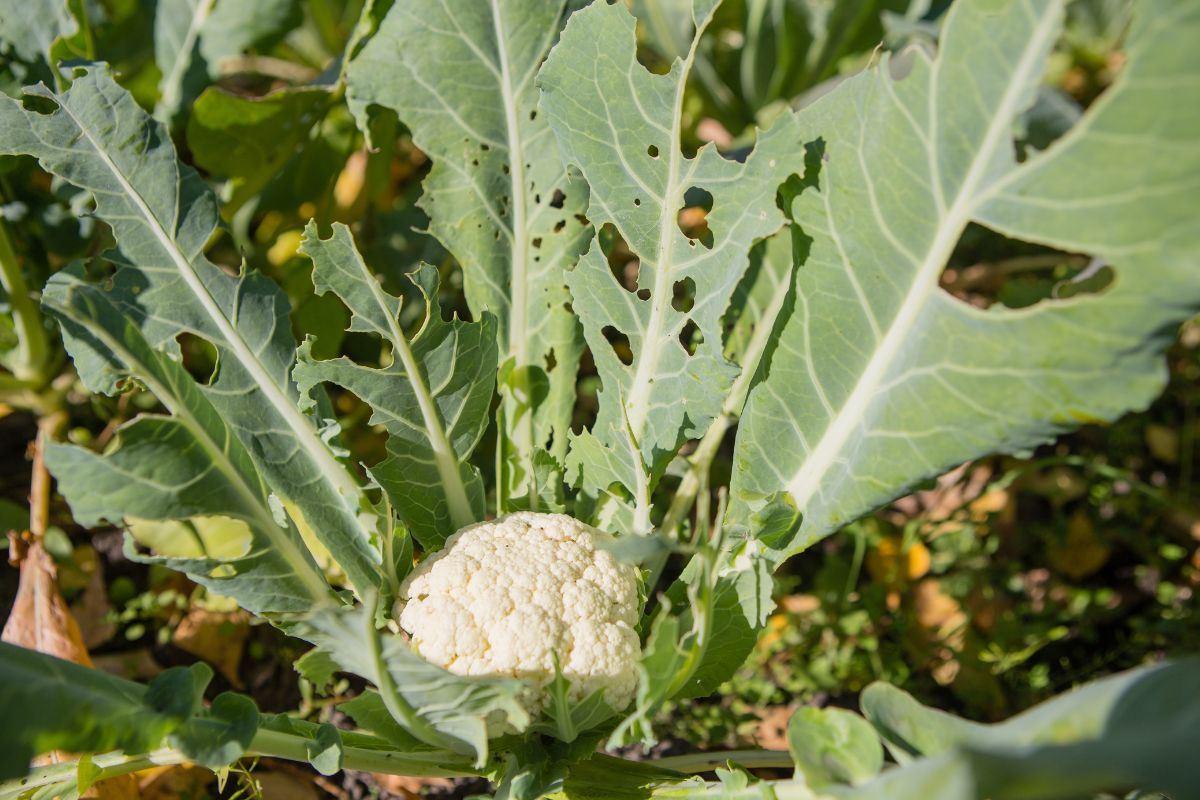
Rodents are some of the pests that homeowners deal with as their organic matter can lead to food poisoning. Cockroaches can also munch on food supplies and contaminate them. Pests that munch on our fruits and veggies can leave behind openings that bacteria just love to sneak into and multiply.
Proper pest control in your home is important to protecting your source of food and keeping health threats away.
Are Chemical Pesticides and Insecticides Good?
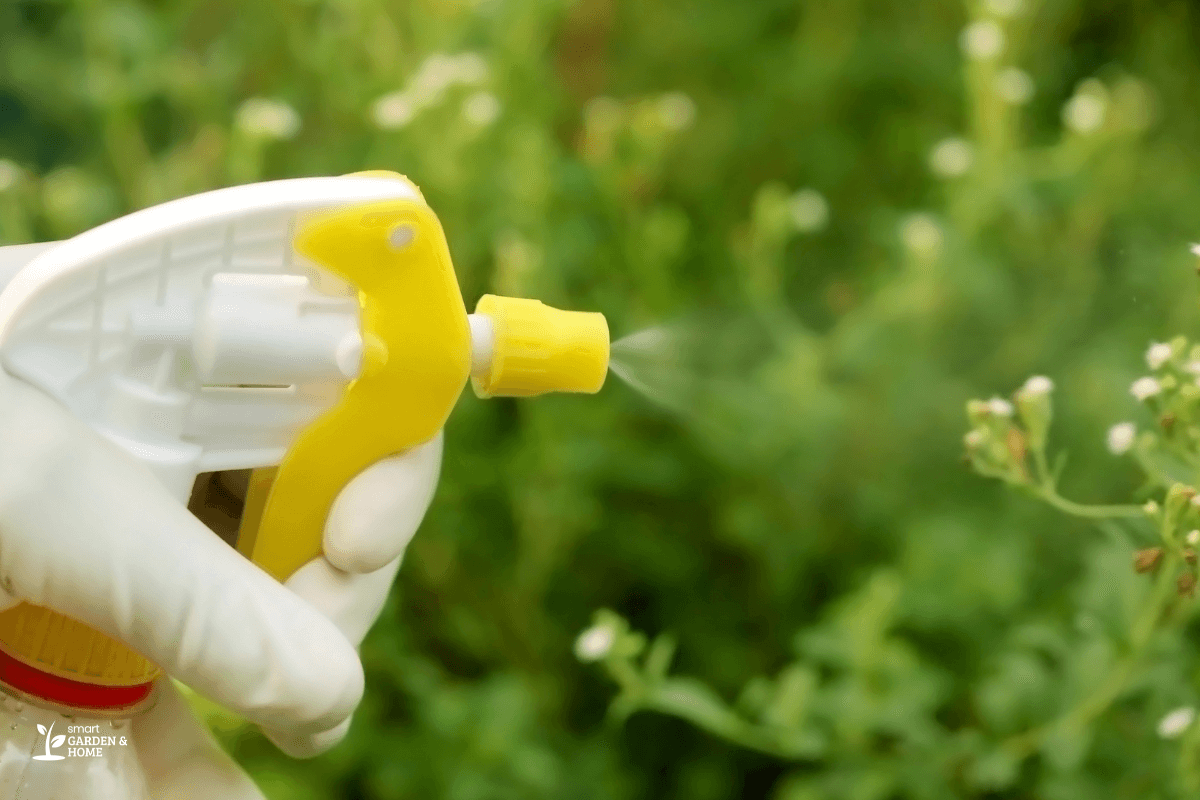
The use of chemical pesticides and insecticides may be considered in controlling a full-blown pest infestation. Some folks jump to this solution right away because it seems like the easiest fix. However, spraying tons of insecticides and pesticides may cause problems as well.
These chemical sprays don’t just go after the bad bugs but they also wipe out helpful ones like bees and ladybugs. They also mess with the environment and wildlife especially if they end up in the water.
That’s not to say we should never use these products. They might be necessary when the situation already goes out of control but they should always be the last resort.
I still recommend the use of organic pest control methods such as biological control and natural repellents. Keep in mind that dealing with pests sooner or later is important and preventing them in the first place is best.
Why Is Pest Control Important Final Thoughts
Taking steps to prevent allergic reactions, preserve homes, safeguard crop production, and secure food quality are all important aspects of effective pest control.
Taking a proactive role in managing pests in your home, building, or farm is important for the well-being of your loved ones and the environment.
While chemical pesticides may seem like a quick fix, they come with their own set of drawbacks. This may include harming beneficial insects and impacting the environment. It is best to consider natural pest control methods that offer effective and safer alternatives first.
By implementing natural pest control methods and staying attentive against pest infestations, you can protect your home, health, and the environment for generations to come.
Why Is Pest Control Important FAQs
1. What Is the Most Important Part of Pest Control?
The key to a successful pest control plan is the inspection. A thorough inspection gives the pest management professional valuable insights to consider. This helps offer recommendations and devise a treatment strategy.
2. What Is the Function of the Pest Control?
Pest control involves managing and preventing pests from causing harm to crops, buildings, and other spaces. This can be done in the form of pesticides or natural methods such as biological control and organic sprays.
3. What Is Pest Management and Its Importance?
Pest control keeps us safe from troublesome insects that can create health problems and expensive property damage. Pest management or Pest control involves getting rid of pests like roaches, spiders, or fleas.
Here are some other articles you might be interested in:

